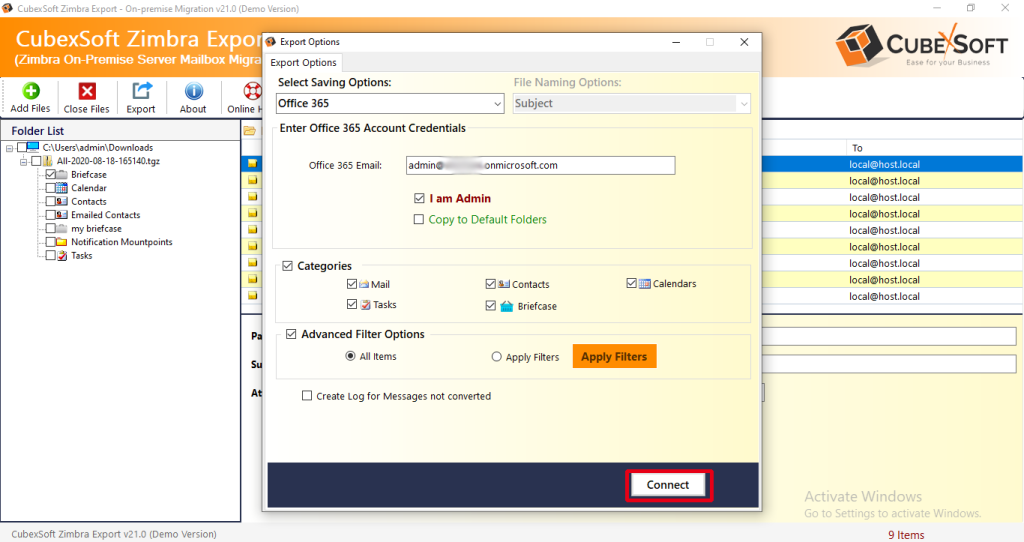In today’s data-driven world, the role of a data engineer is becoming increasingly vital. Companies rely on data engineers to build and maintain the infrastructure necessary for collecting, storing, and analysing large amounts of data. To advance your career as a data engineer, it’s crucial to stay updated with the latest tools, technologies, and best practices.
Focus on mastering programming languages like Python and SQL, understanding both relational and NoSQL databases, and gaining expertise in big data technologies like Hadoop and Spark. Additionally, familiarity with cloud platforms, and data integration tools, and developing strong problem-solving and communication skills are essential. As emphasised in a Data Engineering Course, here are a few things you need to learn to become a master in Data Engineering.
Mastering Programming Languages
-
Python: Python is the most popular language for data engineering due to its simplicity and extensive libraries like Pandas, NumPy, and PySpark. Learning Python is a must as it helps in data manipulation, automation, and implementing data pipelines.
-
SQL: SQL (Structured Query Language) remains a fundamental skill for data engineers. Proficiency in SQL allows you to query databases efficiently, retrieve necessary data, and perform complex joins and aggregations.
-
Java and Scala: Java and Scala are particularly useful if you’re working with big data technologies like Apache Hadoop and Apache Spark.
Understanding Databases and Data Warehousing
-
Relational Databases: Familiarity with relational databases such as MySQL, PostgreSQL, and Oracle is crucial. These databases are commonly used in many organizations, and understanding their architecture and functionality will aid in efficient data management.
-
NoSQL Databases: In addition to relational databases, learning about NoSQL databases like MongoDB, Cassandra, and Redis is important.
-
Data Warehousing: Knowledge of data warehousing solutions such as Amazon Redshift, Google Big-Query, and Snowflake can be a game-changer.
Big Data Technologies
-
Apache Hadoop: Hadoop is a framework for distributed storage and processing of large data sets. Understanding its ecosystem, including HDFS (Hadoop Distributed File System) and MapReduce, will enable you to handle big data projects effectively.
-
Apache Spark: Spark is an open-source unified analytics engine for large-scale data processing. Its speed and ability to handle real-time data processing make it an essential tool for data engineers.
-
Apache Kafka: Kafka is a distributed streaming platform that can handle real-time data feeds. It’s vital for building real-time data pipelines and streaming applications.
Data Integration Tools
-
Apache NiFi: NiFi is a powerful data integration tool that automates the movement of data between disparate systems. It’s useful for building data pipelines and ensuring data flow management.
-
Talend: Talend provides a suite of cloud apps for data integration and integrity. Learning Talend can help you with ETL (Extract, Transform, Load) processes, making data integration tasks more manageable.
Cloud Platforms
-
Amazon Web Services (AWS): AWS offers a range of cloud services that are essential for data engineering, including Amazon S3 for storage, Amazon RDS for databases, and Amazon EMR for big data processing.
-
Google Cloud Platform (GCP): GCP provides powerful tools like Google Cloud Storage, BigQuery, and Dataflow.
-
Microsoft Azure: Azure’s data services, including Azure Blob Storage, Azure SQL Database, and Azure Databricks, are widely used in the industry.
Data Modelling and Architecture
Understanding data modelling techniques and best practices is essential for designing efficient databases and data warehouses. In a Data Engineering course, you will learn about normalization, denormalization, star schema, and snowflake schema to create optimal data structures.
ETL (Extract, Transform, Load) Processes
ETL is a crucial part of data engineering. Mastering ETL tools like Apache Airflow, Talend, and Informatica will help you automate the process of extracting data from various sources, transforming it to meet business needs, and loading it into target systems.
DevOps and Automation
-
Containerization: Tools like Docker and Kubernetes are essential for creating, deploying, and managing containerized applications. Learning these tools will help you ensure that your data engineering solutions are scalable and portable.
-
CI/CD: Continuous Integration and Continuous Deployment (CI/CD) pipelines automate the process of testing and deploying code. Familiarity with CI/CD tools like Jenkins, GitLab CI, and CircleCI will enhance your ability to deliver reliable data solutions quickly.
Soft Skills
-
Problem-Solving: Data engineering often involves solving complex problems related to data quality, scalability, and performance. Developing strong problem-solving skills will help you tackle these challenges effectively.
-
Communication: As a data engineer, you’ll need to communicate with various stakeholders, including data scientists, business analysts, and management.
-
Continuous Learning: The field of data engineering is constantly evolving. Staying up-to-date with the latest trends, technologies, and best practices is essential for long-term success.
Conclusion
Progressing as a data engineer requires a blend of technical expertise, practical experience, and continuous learning. By mastering programming languages, getting certified with Data Engineering Certification, understanding databases, leveraging big data technologies, and honing soft skills, you can stay ahead in this dynamic field.
Invest in your education and stay curious, and you’ll be well on your way to becoming a successful data engineer.




